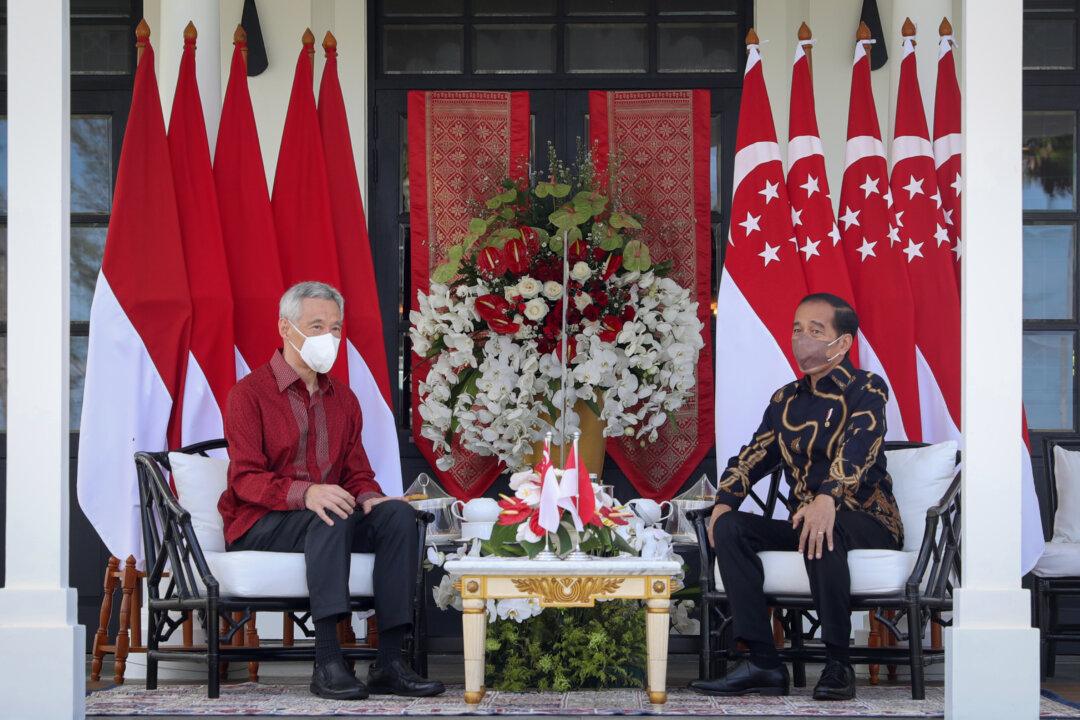Singapore and Indonesia inked three agreements on Tuesday to resolve “longstanding” bilateral issues relating to defense cooperation, airspace control, and fugitive extradition, Singapore’s Foreign Affairs Ministry said in a statement.
The agreements–on Flight Information Region (FIR), defense cooperation, and extradition–were signed in the presence of Singapore’s Prime Minister Lee Hsien Loong and Indonesian Prime Minister Joko Widodo during the leaders’ retreat in Bintan, Indonesia.





